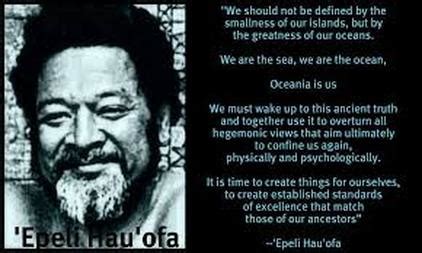A Quote by George Eliot
Our dead are never dead to us, until we have forgotten them.
Related Quotes
Yet the story of Orpheus, it occurs to me, is not just about the desire of the living to resuscitate the dead but about the ways in which the dead drag us along into their shadowy realm because we cannot let them go. So we follow them into the Underworld, descending, descending, until one day we turn and make our way back.
That the past is ahead, in front of us, is a conception of time that helps us retain our memories and to be aware of its presents. What is behind us [the future] cannot be seen and is liable to be forgotten readily. What is ahead of us [the past] cannot be forgotten so readily or ignored, for it is in front of our minds' eyes, always reminding us of its presence. The past is alive in us, so in more than a metaphorical sense the dead are alive - we are our history.
God is dead. Let us not understand by this that he does not exist or even that he no longer exists. He is dead. He spoke to us and is silent. We no longer have anything but his cadaver. Perhaps he
slipped out of the world, somewhere else like the soul of a dead man. Perhaps he was only a dream...God is dead.






































